Viet Nam is one of the world's largest producers of peppercorn exporting an estimated 220,000 tonnes a year to over 100 countries including high-value markets in Europe and the United States, the world's largest importers of the product.
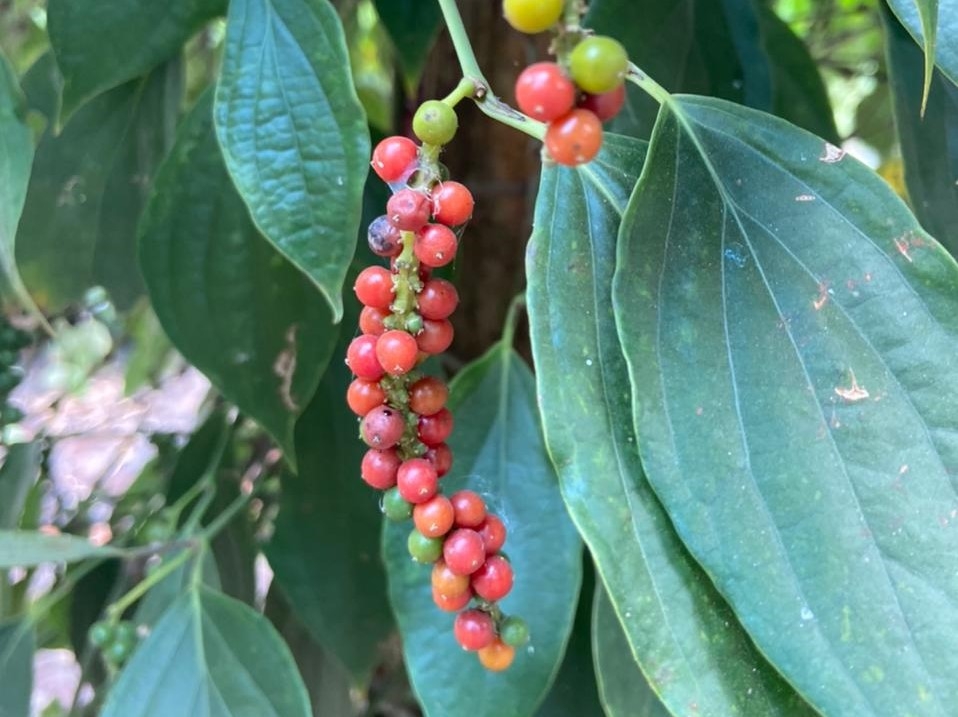
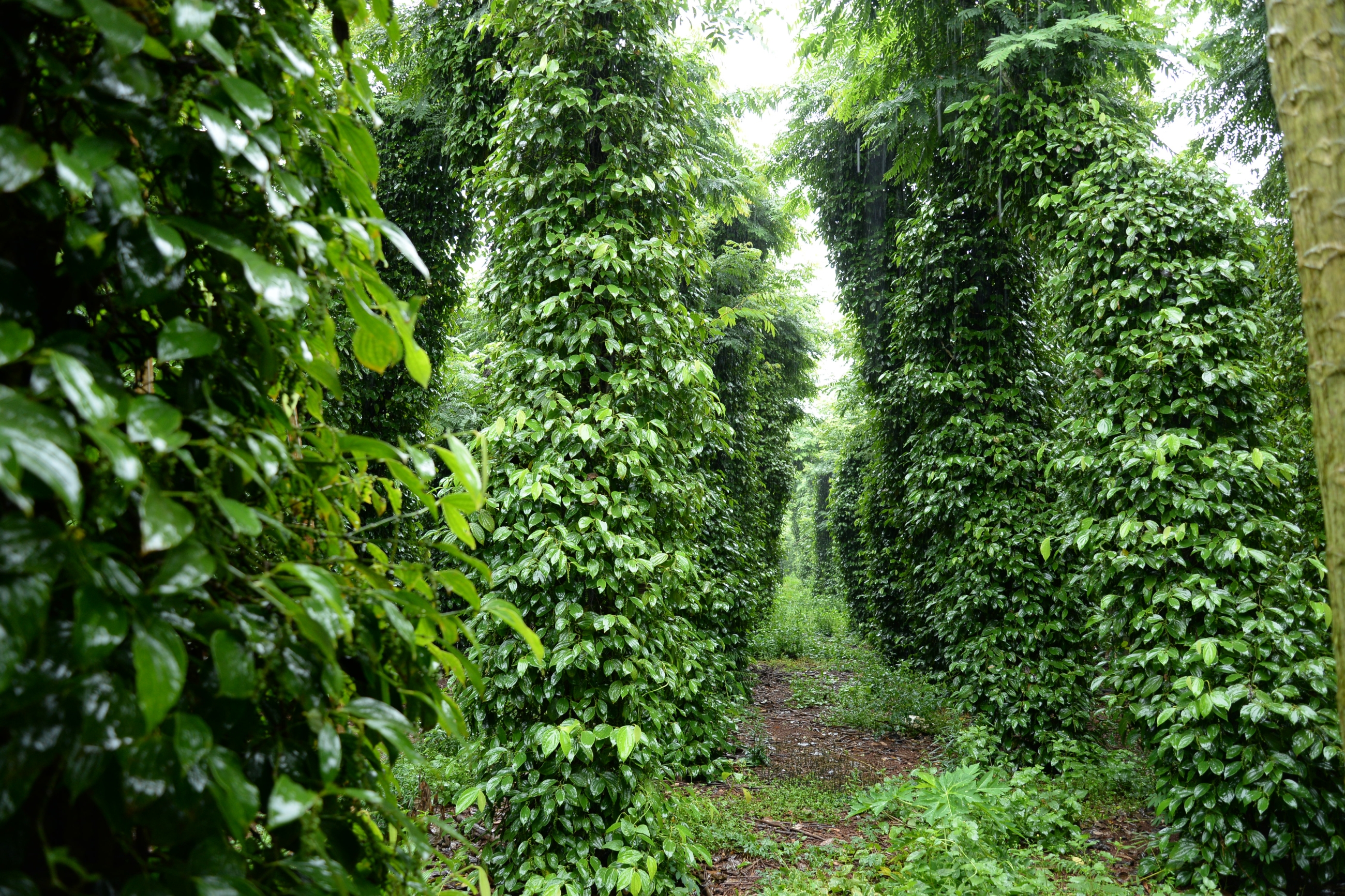
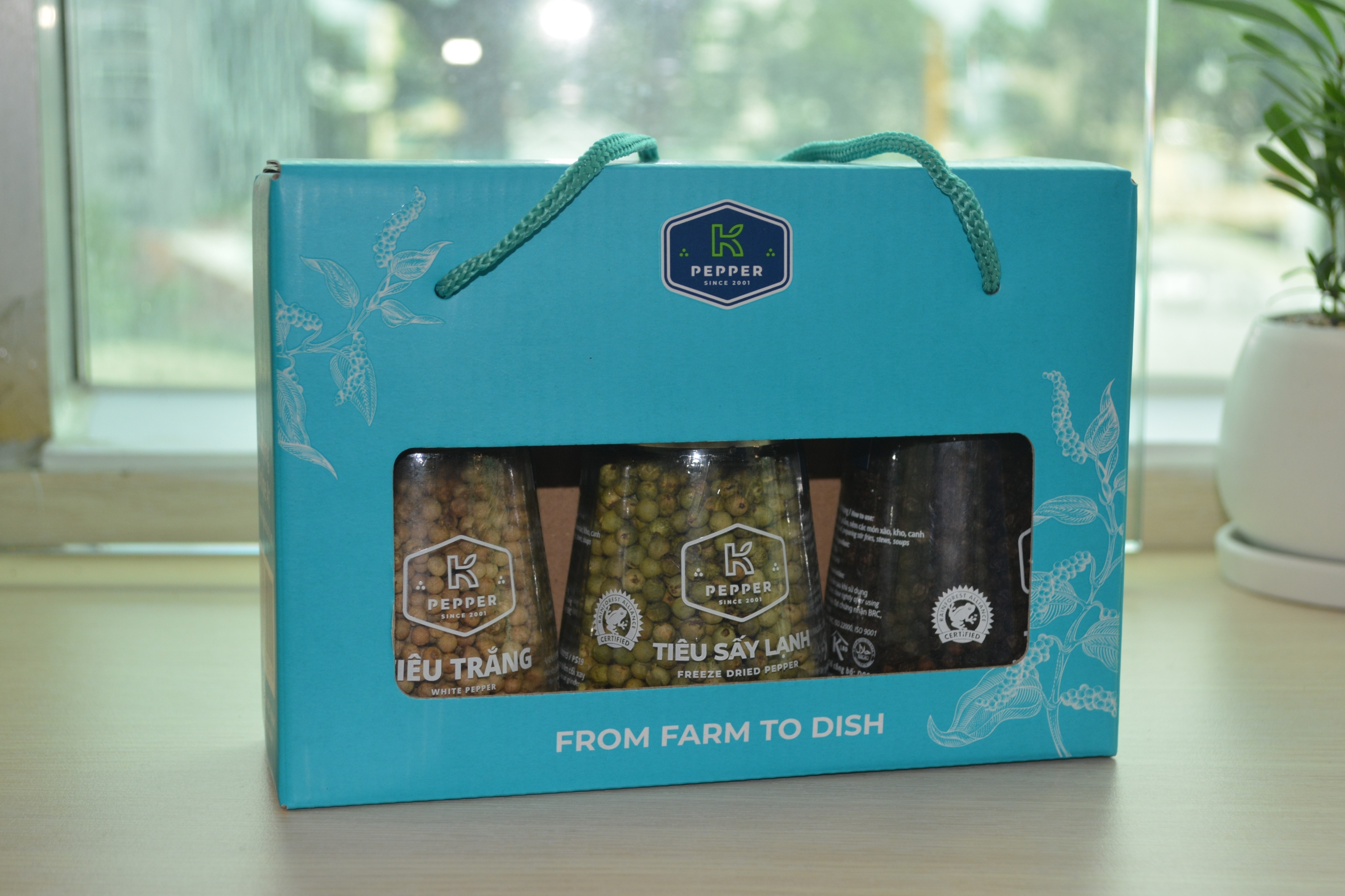
Peppercorn farming dates back centuries and is mainly done by small-holder farmers. However, due to limited resources, these farmers face significant challenges in managing food safety risks associated with the crop which include excessive pesticide residue, and pathogen contamination (e.g., salmonella). Failure to adhere to the CODEX food safety standards is affecting exports which make up 95% of Viet Nam's peppercorn market. Countries purchasing peppercorn require that it be safe and free from harmful contaminants that may pose a health risk to local citizens or contaminate local produce.
With support from the Standards and Trade Development Facility (STDF), the Centre for Agriculture and Bioscience International (CABI) is implementing the Safer Spices projectin collaboration with its technical country partner, the Western Agricultural Highlands and Forestry Sciences Institute (WASI), (which is part of the Ministry of Agriculture and Rural Development of Viet Nam). The project's overall objective is to enhance regional productivity and competitiveness in peppercorn by improving small-holder farmers' compliance with international food safety standards in Viet Nam and in Cambodia and Lao PDR, where peppercorn is informally traded through the highlands.
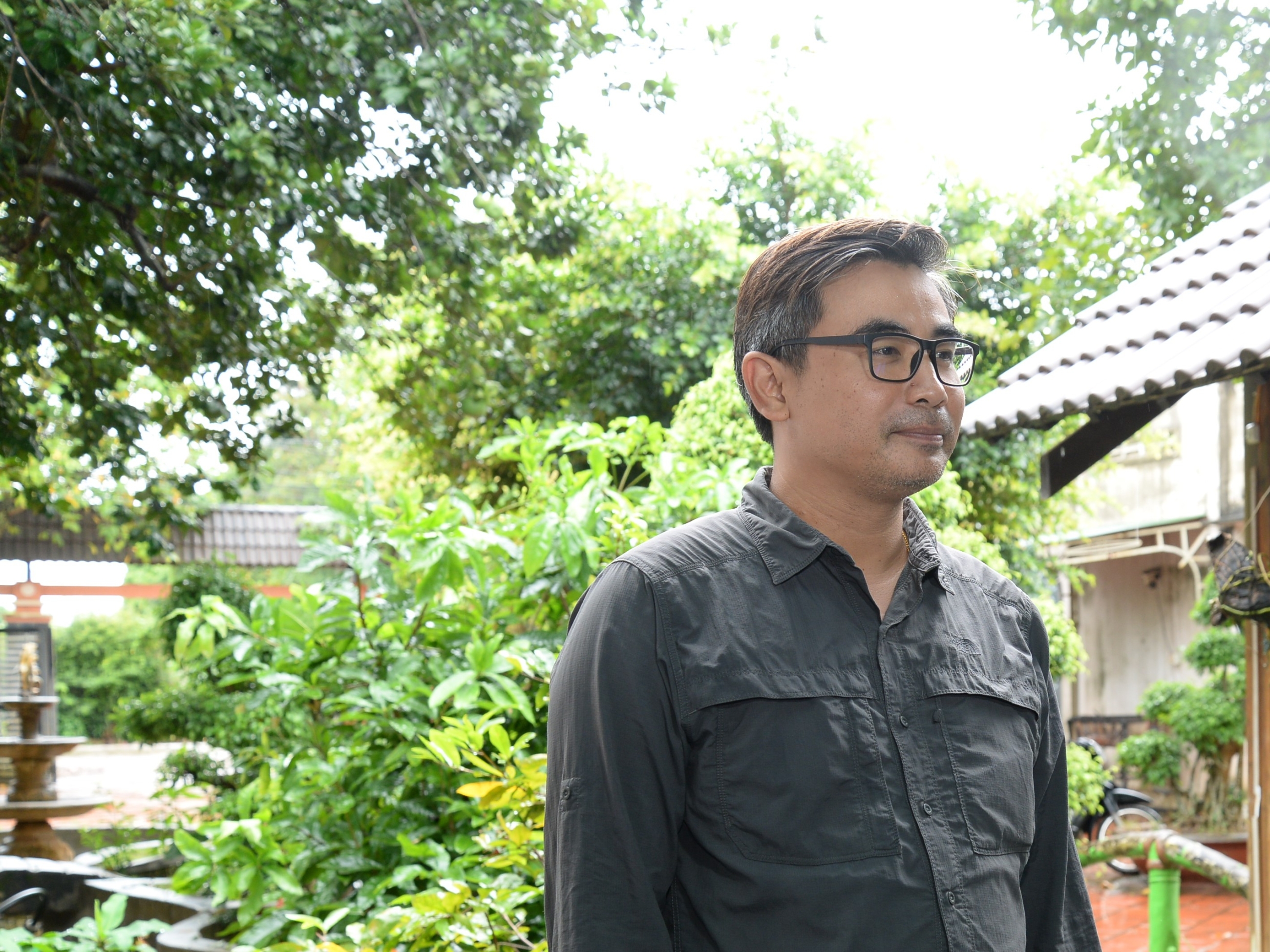
The CODEX Standard
CODEX standard for the prevention and reduction of mycotoxins in spices, provides guidelines which help ensure consistent quality in peppercorn production. CABI and WASI are using these standards along with Good Agricultural Practices (GAP) to develop a harmonized Code of Practice (CoP1) for stakeholders in the Viet Nam, Cambodia, and Lao PDR peppercorn supply chains. This is being supported by training sessions and the development of knowledge products to equip farmers with the skills and information needed to implement them successfully.
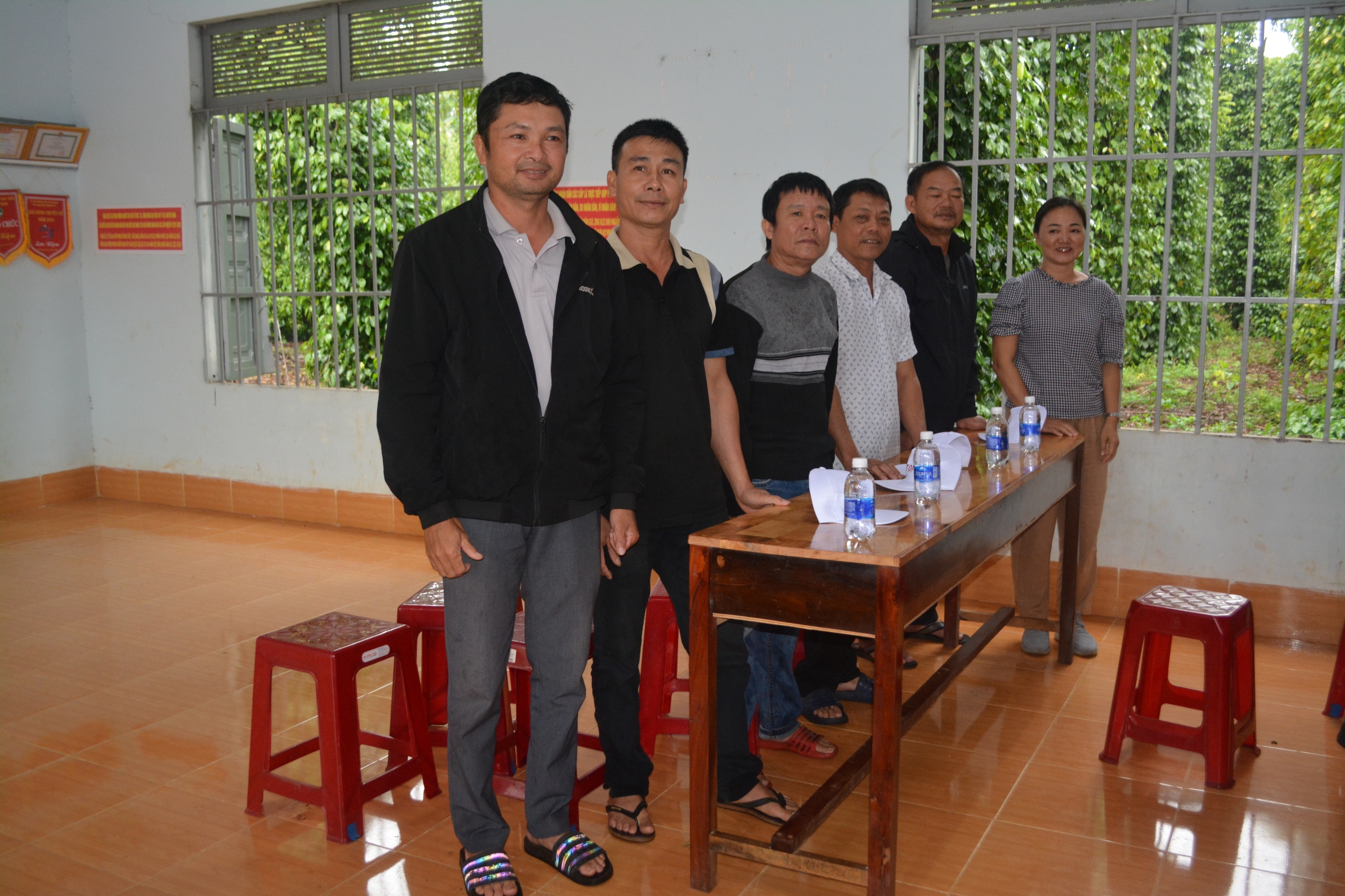
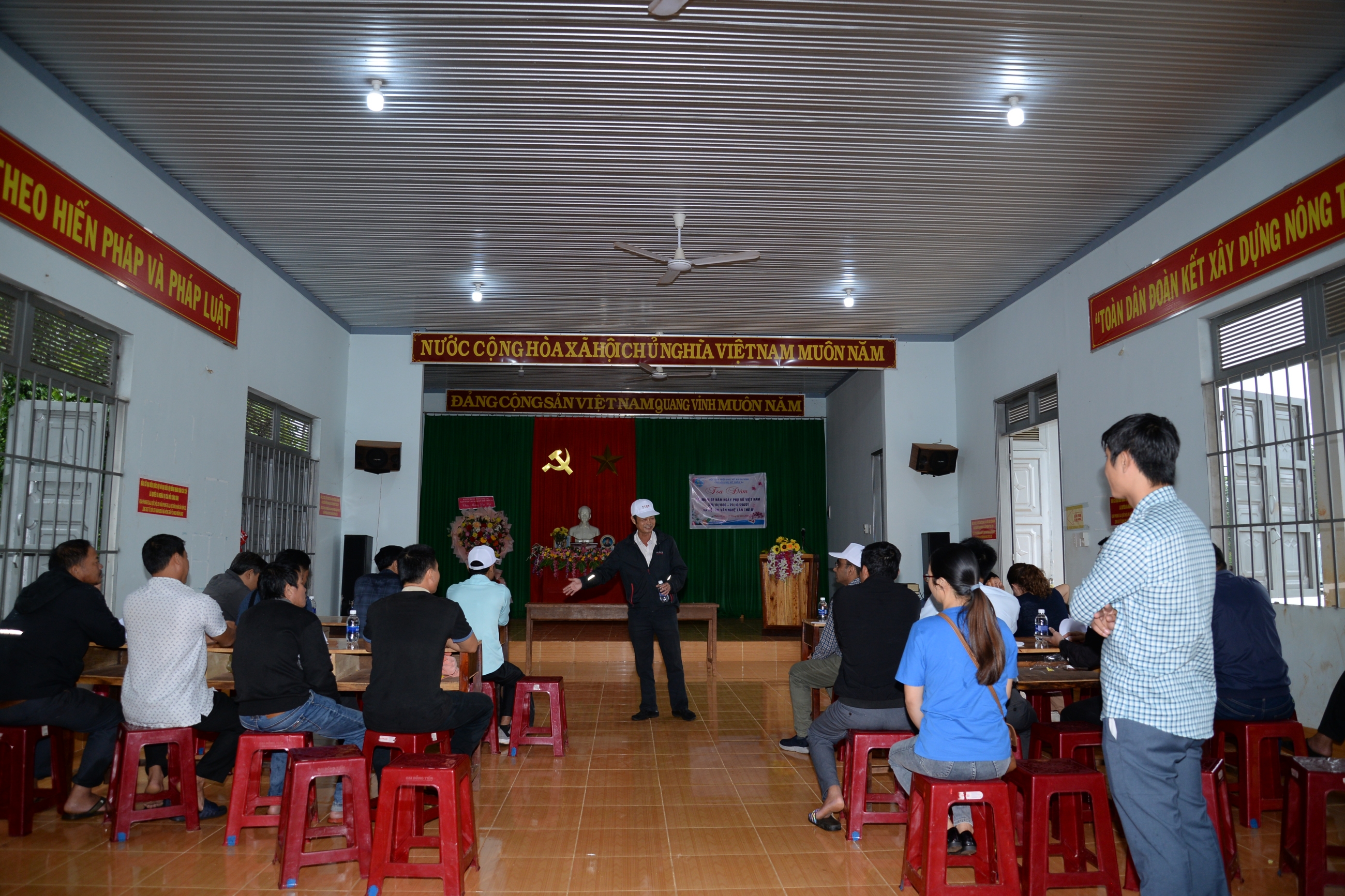
Participatory Guarantee Systems (PGS2) have also been set up as a platform where farmers can gain knowledge and experience to improve the farming process.
With support from these systems, farmers in Viet Nam have set-up farmer-buyer agreements with Simexco and Viepep, two private sector companies that have agreed to purchase peppercorn produced by the Safer Spices farmers. Farmers in Cambodia have negotiated a similar agreement with Sela Pepper; and in Lao, Etu Green Garden and Saranh Lao are supporting PGS farmers by paying for their training costs.
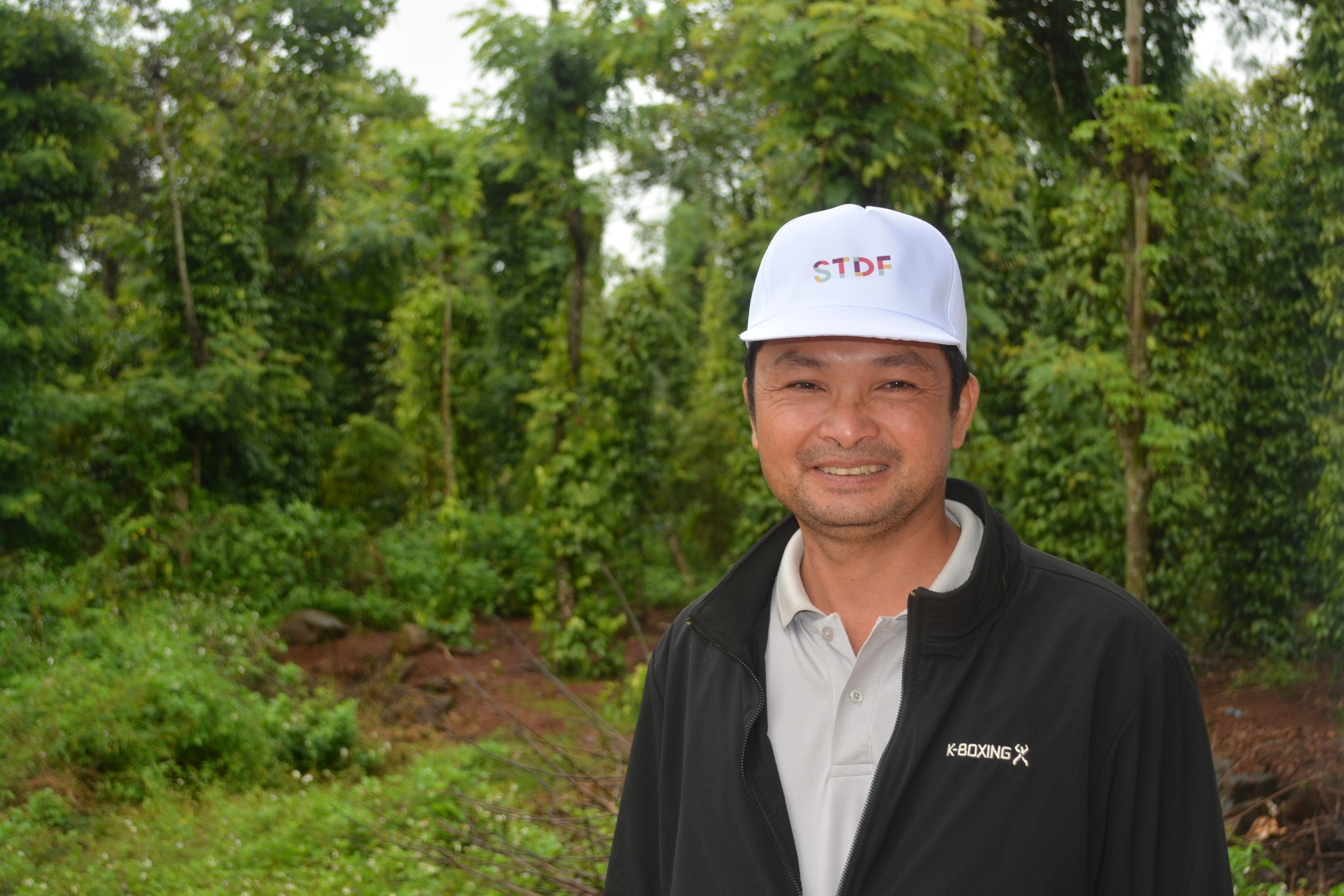
Climate Change
Like many countries, Viet Nam is impacted by climate change. Fluctuations in rainfall and temperature have increased pests, pesticide residue pathogens, and soil erosion. WASI is conducting drought tolerance studies to reduce the impact of climate change through identification of better ideotypes (drought-resistant peppercorn plants) and improved crop management techniques (e.g., water conservation, irrigation, and mulching).
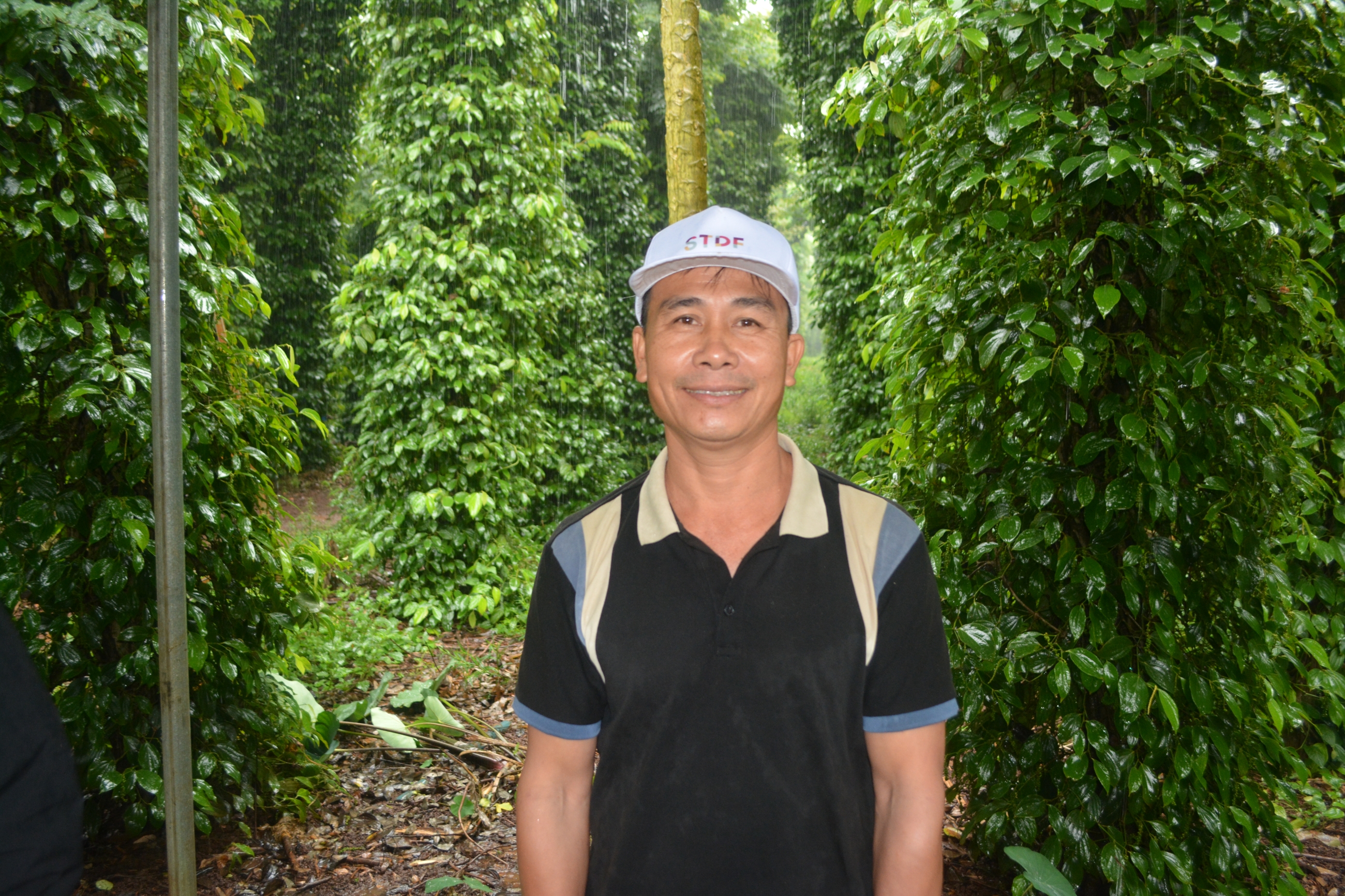
Looking Forward
The Safer Spices project will be completed in September 2023. In the upcoming year, CABI will continue to work with its partners to enhance peppercorn farming in Southeast Asia and market access opportunities by - conducting regional workshops to help more farmers understand and comply with international food safety standards, and training sessions to enhance the skills of food safety regulators in Cambodia and Lao PDR.
For more information visit CABI or the STDF project page
[quote]
1 The CoP is user-friendly, available in local languages, and formatted like a manual with different sections depending on the role of each value chain stakeholder: farmer, aggregator, and processor.
2 A PGS is a local quality assurance system established within the farming community that promotes peer-to-peer learning and farmer and buyer dialogue with the private sector.